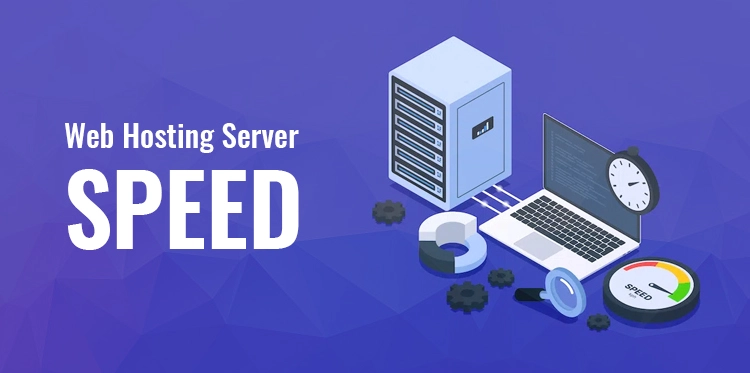Web hosting speed is a crucial factor in website performance and user experience. A slow website can lead to a loss in traffic, decreased customer satisfaction, and ultimately, a decrease in business revenue.
It’s important to understand how to check your server’s performance to ensure your website is running as fast as possible. In this guide, we will demystify web hosting speed and provide you with a step-by-step guide on how to check your server’s performance.
We’ll discuss the factors that affect web hosting server speed and how to determine how fast a web hosting server is. By the end of this guide, you’ll have a better understanding of web hosting speed and how to ensure that your website is running as quickly and efficiently as possible.
Ways to Assess the Speed of a Web Hosting Server?
These days, the majority of hosting companies give a free trial that lasts for 30 to 45 days so you may try their services out. It’s a terrific approach to run some benchmark tests and get a feel for the UI.
These days, you may find third-party solutions that assess the performance of your website using sophisticated algorithms. The better ones even give a few suggestions for speed enhancement. Out of all the findings, which numbers are directly related to server speed?
1. TTFB
The responsiveness of your web server is gauged by the time-to-first-byte, or TTFB. This is essentially the amount of time that passes between the first user request and the first data byte that shows up in the client browser. If your TTFB is faster, you can really begin loading your page quicker. The requested content for dynamic pages must be “built” by the server using a number of different components.
2. Dispersal of Web Page Elements
Determining the server speed of your website may also be accomplished by looking at the distribution of its component parts.
What is the Server Speed Checker Process?
The market for speed checkers offers a variety of useful and flexible programs; GTMetrix and WebPageTest do thousands of tests every day. To add to this, services such as Pingdom monitor your uptime and alert you as soon as anything goes wrong.
This is a simple process:
You choose where the server is located.
The round-trip HTTP request that the checker server sends to your host’s server indicates how fast the whole procedure happened.
Many programs additionally feature a download/upload test. After the first server response ping, the checker will establish many connections and attempt to download a moderate quantity of material.
How Can You Speed Up My Website?
- It is common practice to compress files using gzip when you want to improve the speed of your content. This method will help you reduce the size of your HTML, CSS, and JavaScript files, which will ease the load on your web server.
- Because Gzip is a useful compression technology supported by both W3TotalCache and WPRocket, WordPress users may simply activate it.
- Image optimization: Images often make up at least 20% of the weight of our pages. If their size is decreased, they will function better and use less RAM and bandwidth.
- Gzip would not really work in this case, therefore you would have to optimize each graphics separately.
- Depending on the kind of image, you may use lossless (for PNGs and BMPs) or lossy (for JPEGs and GIFs) compression. If you use WordPress, your photographs will be compressed automatically; otherwise, you may use a reputable plugin to fine-tune the process.
- In order to have a quick web hosting server speed, you must also use browser caching. This lets you save important page elements, such styles, images, and JS files, locally on your machine so you can easily retrieve them the next time a user makes the same request.
- This, as you would assume, speeds up page loads and substantially simplifies the process for your server.
- To maximize your caching, you may add the required rules to the.htaccess file.
- We all want to add flash to our websites, and platforms like WordPress provide endless options to do so. However, use plugins carefully. You must keep in mind, however, that each plugin makes your website larger, and badly designed modules might even be harmful to your web project.
In summary
By taking these Web Hosting server speed testing precautions, you can make sure that your visitors have a better online experience. Visitors will interact with content more and the bounce rate will drop. But, you must be familiar with the fundamentals of website and server performance testing.

